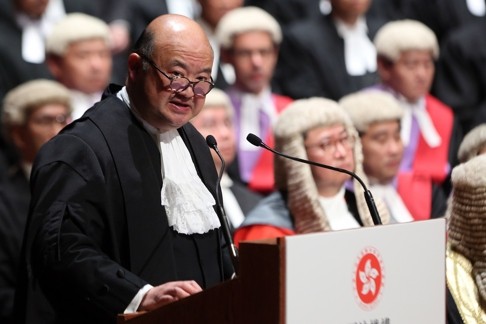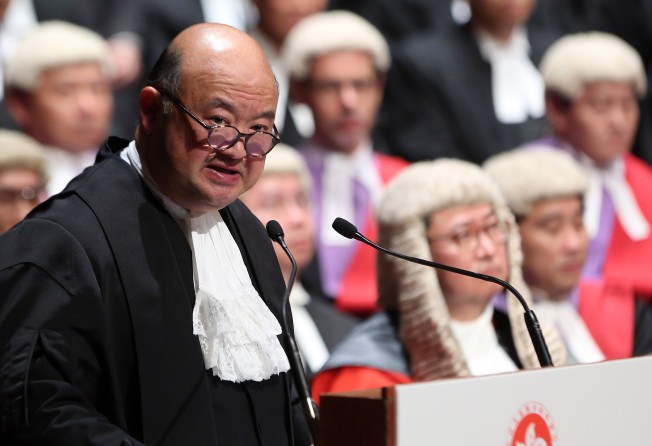
Hong Kong’s shortage of judges means justice is often delayed
Grenville Cross says retired judges are being recalled to fill vacancies at the judiciary, but this can only be a temporary solution and we may once again have to turn to overseas recruitment


The waiting time for a criminal case from the filing of the indictment to trial in the Court of First Instance was 227 days, whereas the target was 120 days
In the three consecutive recruitment exercises for the Court of First Instance held in 2012, 2013 and 2014, not all vacancies were filled. The number of candidates suitable for appointment was much lower than the available vacancies. The judiciary administrator recently reported that there were 10 judicial vacancies in the Court of First Instance, on top of which a significant number of the existing judges will reach the statutory retirement age of 65 within the next five years.
Many Court of First Instance judges have traditionally come from the District Court or the legal profession. Whereas district judges may currently lack the experience necessary for promotion, a 2010 benchmark study showed that the pay of Court of First Instance judges was lower than that of legal professionals of comparable experience in the private sector. Remuneration, coupled with the low retirement age and the prohibition on returning to private practice, undoubtedly gives potential judges pause for thought.
Although the pay and service conditions of the senior judiciary, which are not ungenerous by international standards, are closely monitored by the Judicial Committee, an independent body, and various reviews are currently under way on judicial needs, including one on benefits and allowances, anomalies remain. It is surprising, for example, that the chief justice is paid less than the three secretaries of departments, notwithstanding his central role in the legal system.
To combat its shortfall, the judiciary is calling retired judges back into temporary service, temporarily promoting District Court judges, and relying on senior lawyers to sit as deputy judges or recorders for several weeks a year. While this may provide a short-term palliative, it is no substitute for substantive appointments.
The Judicial Committee has recently advised that the judiciary’s increasingly heavy workload has been particularly felt in the High Court, and the shortage of Court of First Instance judges presumably places existing judges under even greater pressure. The judiciary, moreover, in its annual report for 2014, indicated that its performance targets were not always being met. In particular, the waiting time for a criminal case from the filing of the indictment to trial in the Court of First Instance was 227 days, whereas the target was 120 days.
While there may be a reluctance to recruit overseas judges, a practice which was common before 1997, this option may have to be considered again if the present situation persists. After all, judges from Australia, Britain and New Zealand currently make a formidable contribution to the Court of Final Appeal, and Queen’s Counsel from London display their skills with great regularity in both trial and appellate courts.
Although Chinese is being increasingly used in court cases, the Basic Law provides that English is also an official language of the judiciary. Whereas the bulk of magistrates’ court cases are now tried in Chinese, many Court of First Instance trials are still conducted in English, and this is unlikely to change. Everything must be done, therefore, to ensure our judiciary remains pre-eminent in Asia, and if this necessitates looking outwards again, at least for a while, then so be it.
Grenville Cross SC is a criminal justice analyst